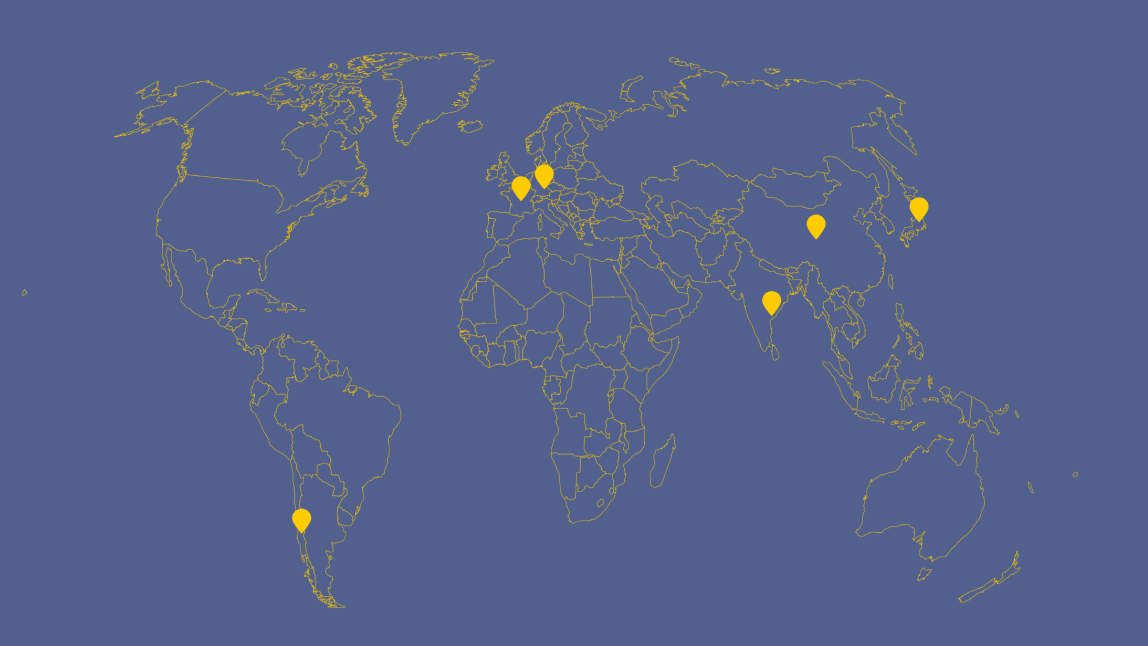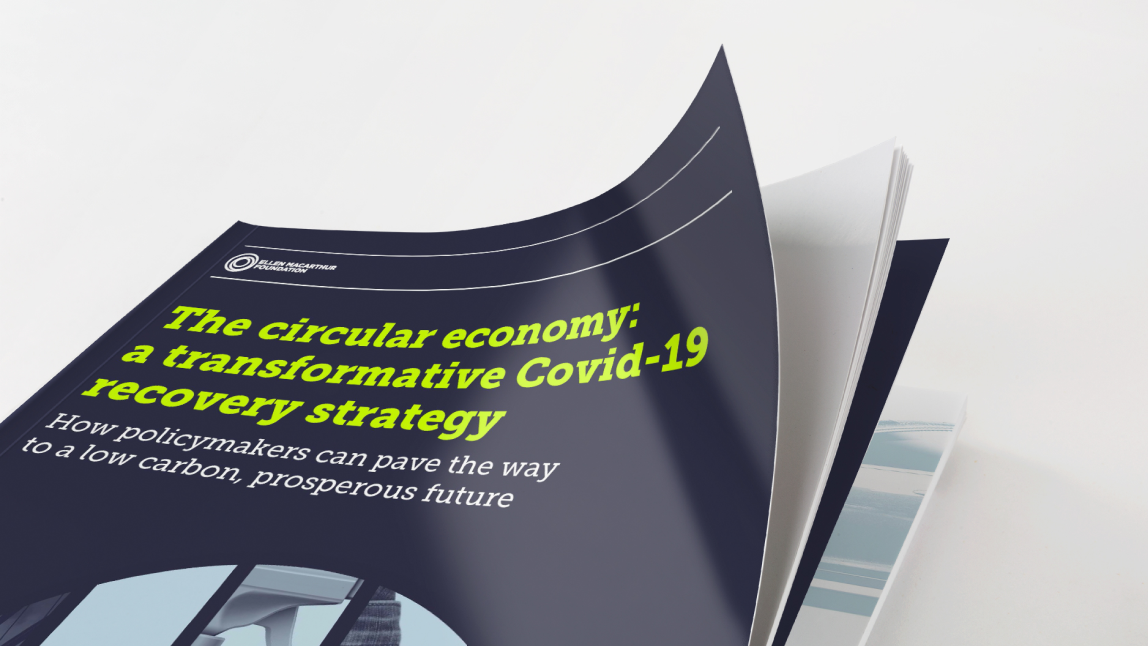Instituições, governos e cidades desempenham papéis essenciais na criação e viabilização das condições necessárias para que uma economia circular possa emergir e prosperar. Essas entidades definem a direção e são impulsionadoras de inovação e investimento.
A economia circular fornece uma estrutura que permite que governos e cidades concretizem muitas de suas ambições econômicas, ambientais e sociais.
Use nossos recursos para descobrir como as políticas públicas certas podem acelerar a mudança para uma economia circular. Aqui, você também encontra orientações para colocar as políticas circulares em prática.


Policy instruments for a resilient and competitive circular economy
Building on the Ellen MacArthur Foundation’s Universal Circular Economy Policy Goals, the Foundation’s new policy brief series provides a shortlist of actionable policy instruments that can unlock circular economy outcomes.
















